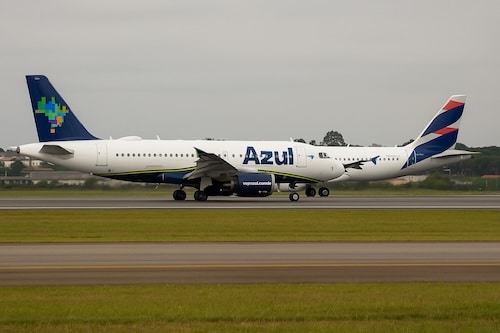
Last week, Brazil’s Senate approved an open skies agreement between the South American nationand the U.S. that President Michel Temer is expected to sign into law. For airlines, this is significant: The deal paves the way for the U.S. Department of Transportation to green light a partnership between American Airlines and Chile-headquartered LATAM Airlines groups, which would allow the two carriers to coordinate their schedules and connections.
Especially important for air travelers is that the deal allows for unlimited flights between Brazil and the U.S., and flights between the two countries are predicted to increase by about 30 percent as a result of the agreement, according to Embratur, Brazil’s tourism board. The subtext? More flights = more competition = cheaper flights.
A preliminary open skies agreement was actually signed seven years ago, in 2011, but was left unfinalized for years due to opposition from some Brazilian lawmakers, who believed the U.S. airlines would overpower regional carriers. The tides have seemingly turned. In addition to the American-LATAM partnership, these same regional airlines are expected to carve out formal agreements with other U.S. giants. Brazilian carrier GOL Linhas Aéreas can pursue a joint-venture with Delta, which has a 9.48 percent stake in the Rio-based carrier; while Avianca Brasil is looking to partner up with United.
The move is hardly surprising, given Brazil’s recent push to draw more tourists. After the January implementation of an electronic visa program, which makes it easier for Australian, Canadian, Japanese, and U.S. citizens to visit Brazil, the country reported a 70 percent increase in the number of visiting Americans.



